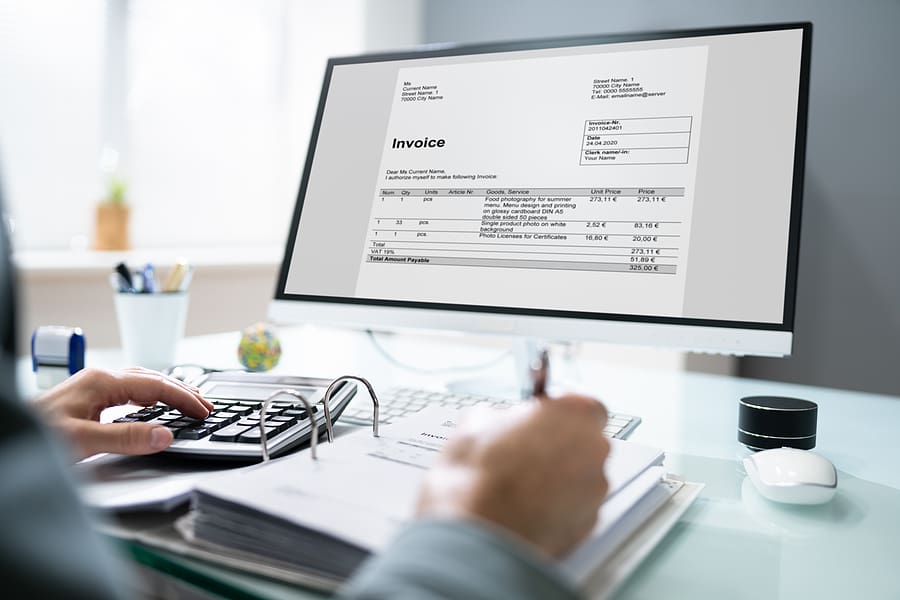Sales and Use Tax
As your business grows, managing taxes can get complicated. Both sales tax and use tax are considered indirect taxes. Sales tax is paid to the state government on the purchase of goods or services, there are differences in how sales tax and use tax are calculated and collected.
What is Sales Tax?
Sales tax is the tax imposed on the sale of goods and services. This tax is usually a percentage of the purchase price and will be added to the final cost. This tax is paid when the final sale in the supply chain is reached, meaning that tax will not accumulate as a product moves through the supply chain. If buying materials that will be resold, businesses can issue resale certificates and are not responsible for sales tax.
The responsibility of remitting sales tax falls on the merchant who makes the sale. They will collect the tax at the time of purchase and remit the tax to the government. Because of this, you as the merchant will need to keep accurate records of sales and taxes collected. As a merchant, you’ll be required to file regular and accurate reports to avoid penalties.
What is Use Tax?
Use tax refers to the tax imposed on the use, storage, or consumption of goods that were purchased without paying sales tax. This rate is set by the state or municipality and is typically the same as the sales tax rate. Use tax is designed to ensure that people who purchase goods and services from out of state or online retailers pay the same tax as they would if they purchased the items locally. Use taxes are often the responsibility of the purchaser to pay, not the seller. Many consumers do not pay this tax. Because of this, if a business sells goods in a state, even if they do not have a presence in the state, they are now obligated to register in that state and collect and remit sales tax.
What is the Difference Between Sales Tax and Use Tax?
Both taxes are required by state and local governments to provide revenue for the government, and both impose taxes on goods and services, but the main difference is that sales tax is a tax on the sale of something tangible, while use tax is a tax on the use of that property in the state. Sales tax will be charged by the seller, but use tax is the responsibility of the purchaser when the seller did not charge sales tax. Understanding the differences is important for businesses to ensure that they are in compliance and will not be subject to any penalties or fines.
To get a clearer understanding of sales and use tax and how it affects your business, contact In Balance Bookkeeping Solutions for a consultation.






